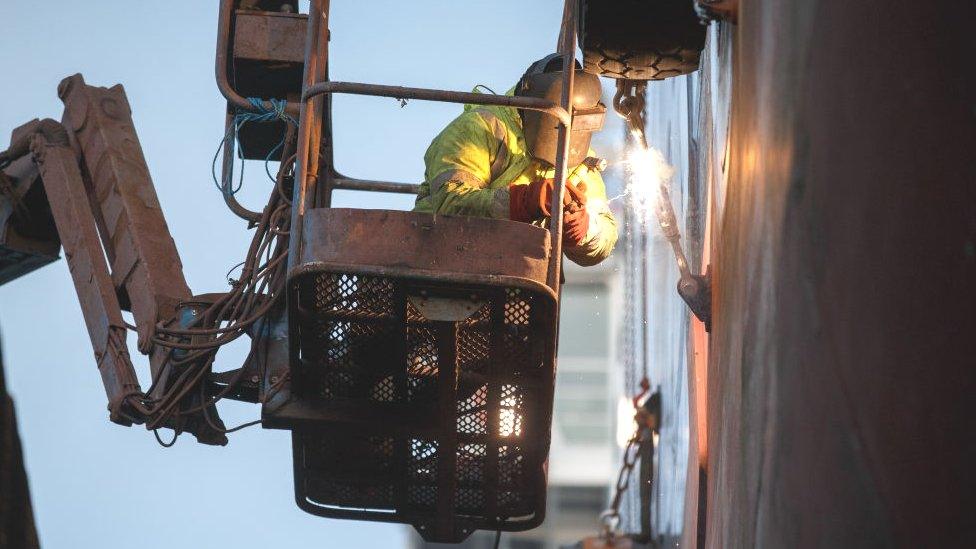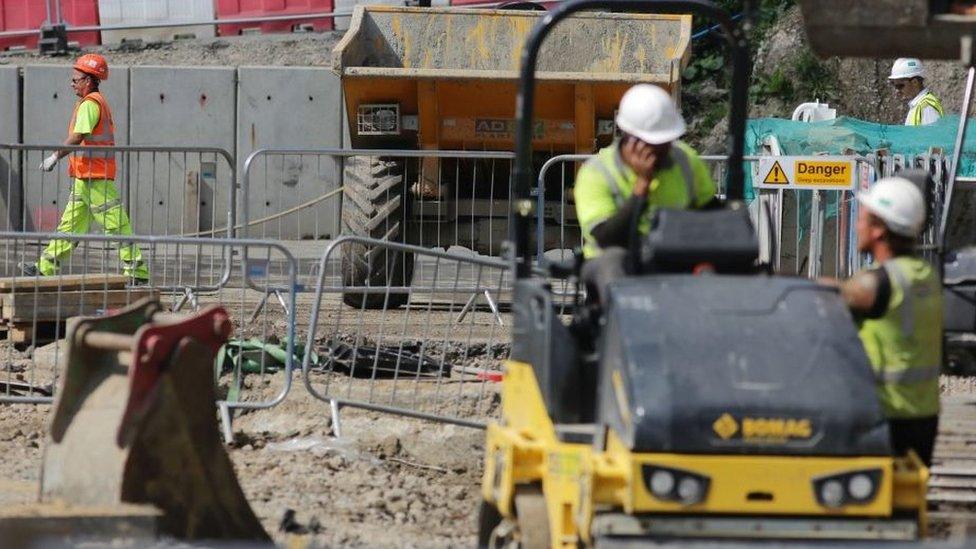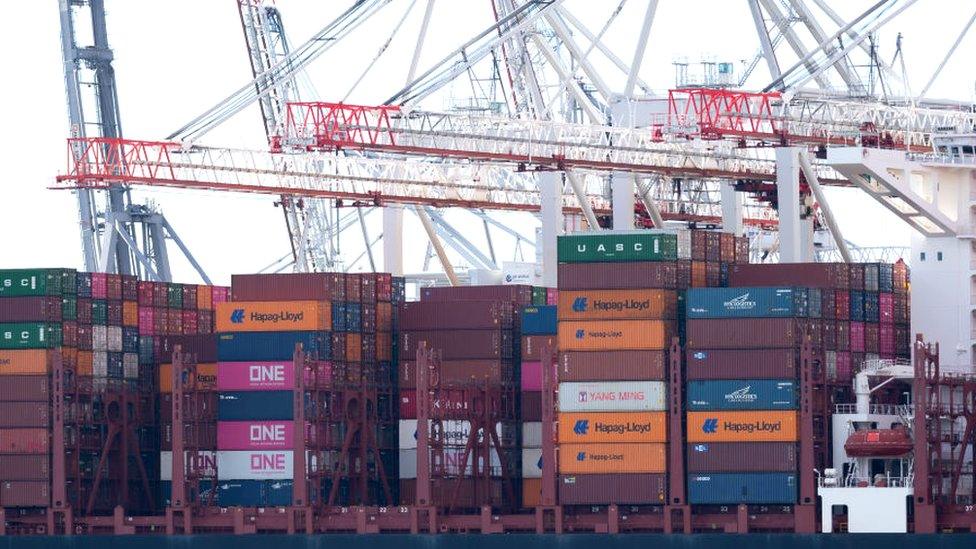Scottish business confidence 'bounces back'
- Published

Business confidence in Scotland bounced back this month, according to a survey.
Bank of Scotland's February business barometer rose by 19 points to a net balance of 15%, with firms reporting more confidence in their prospects as well as higher economic optimism.
This was reflected in businesses' hiring intentions, with a net 5% of firms expecting to hire more staff during the next year.
Across the UK, overall confidence was unchanged on 23%.
Businesses in London had the highest confidence at 29%, ahead of the West Midlands at 28%, and the East Midlands at 27%.
Those in Wales were the least confident, with an overall confidence of -2%.
Across the UK as a whole, overall business confidence fell slightly in the services sector but grew strongly in the manufacturing sector. The construction and retail sectors saw smaller increases in confidence.
The survey was conducted with 1,200 companies, including 84 businesses in Scotland.

Construction was among the sectors that saw confidence rise last month
Fraser Sime, regional director at Bank of Scotland Commercial Banking, said: "This increase in confidence shows great resilience from Scottish businesses.
"However, companies are likely to act with an element of caution throughout 2020 as some political and economic uncertainty remains."
In a further sign of a lift in the business outlook, trade body Scottish Engineering registered a sharp reversal of the downbeat assessment of its members at the end of last year.
Its latest survey also tested opinion on measures to combat climate change. More than 90% agreed it was a challenge that had to be addressed, 64% said they were taking measures to limit harm, and 18% saw it as a business opportunity.
Migration 'squeeze'
Meanwhile, the EY Item Club of economists has said it expects lower migration to squeeze the Scottish economy in the coming decade.
Its latest forecast, using the Treasury's economic model, estimated that growth will be as low as 0.8% this year - slightly lower than forecast by others - before picking up to 1.4% in total economic output during next year.
The rest of the UK showed wider growth disparity between different cities than in Scotland, with Edinburgh continuing to outpace other cities.
The report said Glasgow and Stirling were expected to come close to the capital's expansion rate, with Aberdeen the only city forecast to see employment fall.
The services sector was seen as most likely to be the driver of growth.
The forecast concluded that consumer spending was likely to continue driving some growth, but that could slow towards the end of this year in the face of Brexit uncertainty.
- Published14 February 2020
